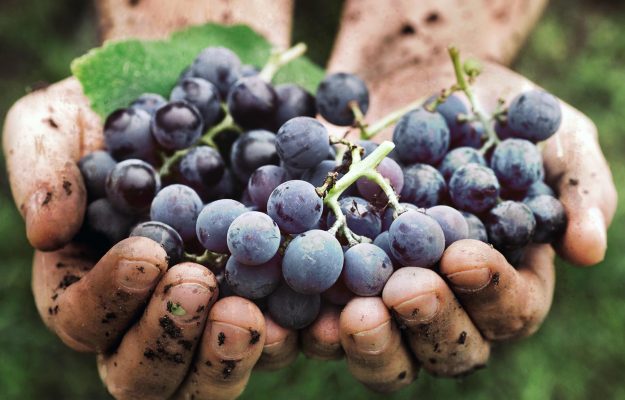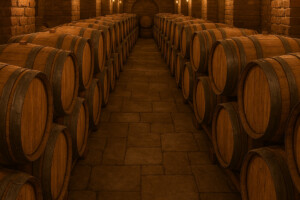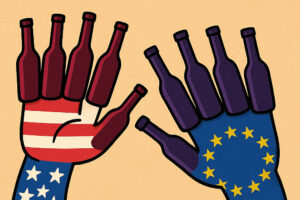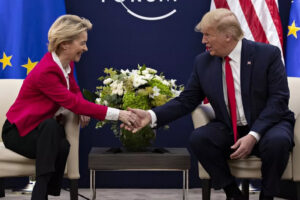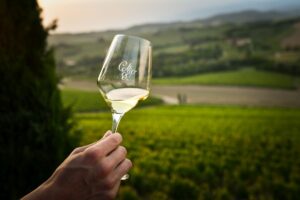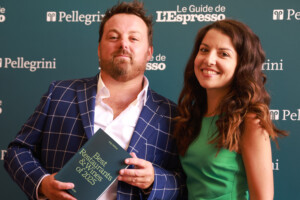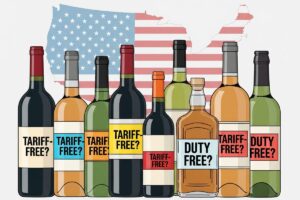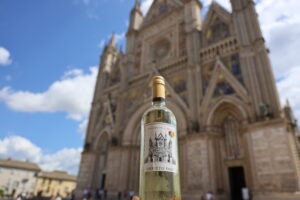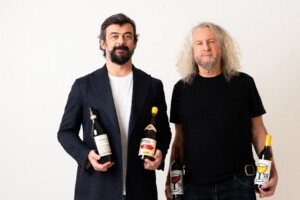The role and the significance of the wine-growing and wine-producing cooperation have expanded more and more since the complexity of the production system increased. In fact, community work, but also research and territorial governance were remarkable where important dimensions expanded through successive fusions. The qualification of the top management and collaborators - oenologists, agronomists, marketing and sales - has led to the growth of the entire system, which has been transmitted to the members.
The evolution of the cooperation has also contributed by giving a qualitative boost to the Italian wine production, and by providing a culture of work and wine ethics, which were the focus of the talk show “Cooperative wine: really good” at ViVite, the cooperative wine festival held in Milan (17-18 November).
The ethics of the cooperative model is declined by many examples of cooperatives that make wine while doing other things, from the recovery from drug addiction to the offer of work to disadvantaged people, to consolidate and keep alive communities that would otherwise disappear and to work the land taken from organized crime.
“We can say that we won the challenge that the young guests of the community faced, thanks to solidarity - explained Angelo Totaro, winemaker of the San Patrignano winery, built by the community with the same name founded at the end of the 70’s by Vincenzo Muccioli for the recovery from drug addiction - the turning point in the mid 90's, thanks to the collaboration with Riccardo Cotarella, with the planting of new vineyards and other varieties, and the cooperative model has led us to rewrite the history of our territory.”
The “culture” of cooperative wine also implies being legal, which is not always obvious. “For us, staying in the rule of law is normal and cultivating the land confiscated from the mafia - said Francesco Citarda, chairman of Libera Terra, who has the winemaking soul in Centopassi, with 65 hectares of vineyards in organic farming and 500,000 bottles with labels dedicated to the victims of the mafia - we have managed to demonstrate that through healthy businesses you can do sustainability from an economic, social and ethical perspective.
The repercussions on the community also lead to a professional improvement of the members. I am pleased to say, with great satisfaction, that the credibility of our project has generated a return-immigration. Certainly, if our wine were not good, we would not have been successful, much less abroad, which instead represents 7% of our turnover.
From special experiences of cooperation to “ordinary” experiences, the inspiring principles are still the same. “Our objectives go beyond the quality and healthiness of wine - said Pierluigi Zama, oenologist at Terre Cevico, 3,500 members and 6,700 hectares of vineyards - we care about the territory and its culture. Furthermore, we are brave to get involved and experience new things in order to enhance the basic wines and the top wines. Hence our collaboration with the University in research”.
The cooperation can invest even in the governance of the designations. “The first task of a cooperative - explained Bruno Trentini, dg of the Cantina di Soave, almost 2300 members, who has just been recognized as the best Italian producer of the year by the International Wine & Spirits Competition- is to ensure the income of members, and this goal is also achieved by describing the direction and positioning of the designations in which people work.
We work with partners and other producers because we think that without a collective management of the Doc, success cannot be reached. However, the organisation is also a fundamental aspect since you cannot produce wine without having precise production guidelines. This can also be done using technology that allows you to have the data of each plot”.
Specific weight and innovation in a cooperation are essential to guide the production. This is the case of Codice Citra, which in 1973 assembled 9 cooperatives in one region, Abruzzo, with a very high density of wine cooperatives, and in 2017 launched a project to enhance the regional wine identity.
“We have started a collaboration with Riccardo Cotarella and his technical staff - explained Valentino di Campli, president of Codice Citra, the main winemaking company in Abruzzo with 6,000 hectares of vineyards and 3,000 family members - which will allow us to focus on our territorial identification, continuing to improve our goal of enhancing and making known the wines of our native varieties, Montepulciano, Trebbiano, Passerina, and Pecorino, which represent 95% of our production”.
Looking at the current situation, the cooperation summits identify several critical issues.
”We hope - said Mauro Lusetti, co-president of Alleanza Cooperative Italiane - that this Government will reward companies that maintain the ability to be different, those that do not relocate, that safeguard the rights and work of people.
These are all requirements of cooperatives which, even during years of crisis, continued to grow and improve the lives of their members. We are a school of democracy, we distribute wealth throughout the territory and we offer an opportunity for social improvement. We are extremely worried about the difficulties that arise at an international trade level because for us, as for all national wines, export is essential in the face of internal consumption”.
On this subject, Maurizio Gardini, president of Confcooperative and Alleanza cooperative Italiane, stressed the importance of an incisive activity to support wine cooperatives in their internationalization, as well as the reduction of bureaucracy.
One of the merits of wine cooperation is also that of providing private individuals with wines with denominations that acquire greater value in the transition, together with an important production of table wines. “Producing these wines - said Giampaolo Bonfiglio, co-chairman of the Alliance of agri-food cooperatives - is already a good mission because it guarantees work and remuneration to members.
I think that we have to work more and better on promoting them with national funds as in other countries. The French, for example, the label “Vin de France”, which undoubtedly adds appeal, while our table wines have only the color, “White Wine” and “Red Wine”.
Copyright © 2000/2025
Contatti: info@winenews.it
Seguici anche su Twitter: @WineNewsIt
Seguici anche su Facebook: @winenewsit
Questo articolo è tratto dall'archivio di WineNews - Tutti i diritti riservati - Copyright © 2000/2025










